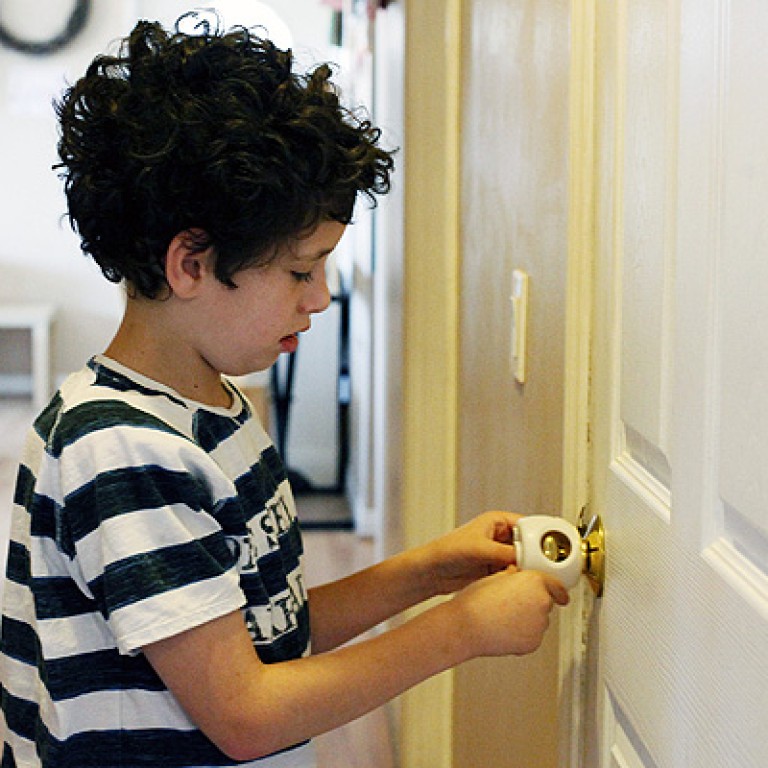
Study shows autism's unexpected link to cancer
Researchers studying two seemingly unrelated conditions - autism and cancer - have unexpectedly converged on a surprising discovery. Some people with autism have mutated cancer or tumour genes that apparently caused their brain disorder.
Researchers studying two seemingly unrelated conditions - autism and cancer - have unexpectedly converged on a surprising discovery. Some people with autism have mutated cancer or tumour genes that apparently caused their brain disorder.
Ten per cent of children with mutations in a gene called PTEN, which cause cancers of the breast, colon, thyroid and other organs, have autism. So do about half of children with gene mutations that can lead to some kinds of brain and kidney cancer and large tumours in several organs, including the brain. That is many times the rate of autism in the general population.
There is a big difference between us and the rest of the autism community. We have an honest-to-God genetic diagnosis
"It's eerie," Evan Eichler, a professor of genome science at the University of Washington, said. But he and others caution that the findings apply to only a small proportion of people with autism; in most cases, the cause remains a mystery.
But researchers say the findings are intriguing , and it has led to the first clinical trial of a treatment for children with autism, using a drug that treats tumours that share the same genetic basis.
Richard Ewing, of the US state of Tennessee, a 10-year-old who has a form of autism caused by a tumour-causing gene, is among those in the new study. His parents, Alexandra and Rick Ewing, know he is at risk for tumours in the brain, heart, kidney, skin and eyes. But that bad news was tempered by his eligibility for the clinical trial, which has just started.
"There is a big difference between us and the rest of the autism community," Rick Ewing said. "We have an honest-to-God genetic diagnosis."
The trials involving Richard are being carried out by Dr Mustafa Sahin of Boston Children's Hospital. Sahin first tested drugs used to treat tumours caused by gene mutations in mice which exhibited autism-like behaviour, such as compulsive grooming. The animals did better on tests of learning and memory and their compulsive behaviour reduced. Now Sahin is giving a similar drug, everolimus, to autistic children with the tumour-causing gene mutation, asking if it can improve their mental abilities.
Not everyone agrees the discovery is so promising. Steven McCarroll, a geneticist at Harvard, notes that autistic children with the cancer gene mutation have "a brain that is failing in many ways".
